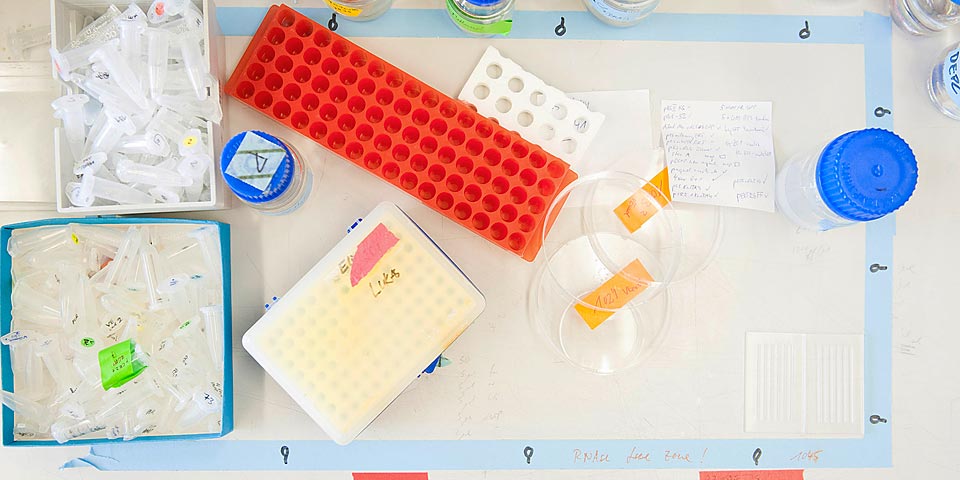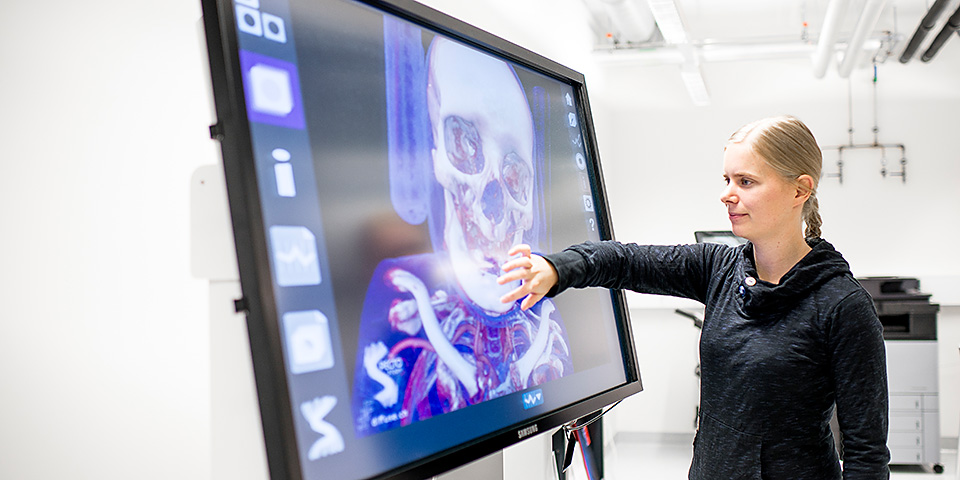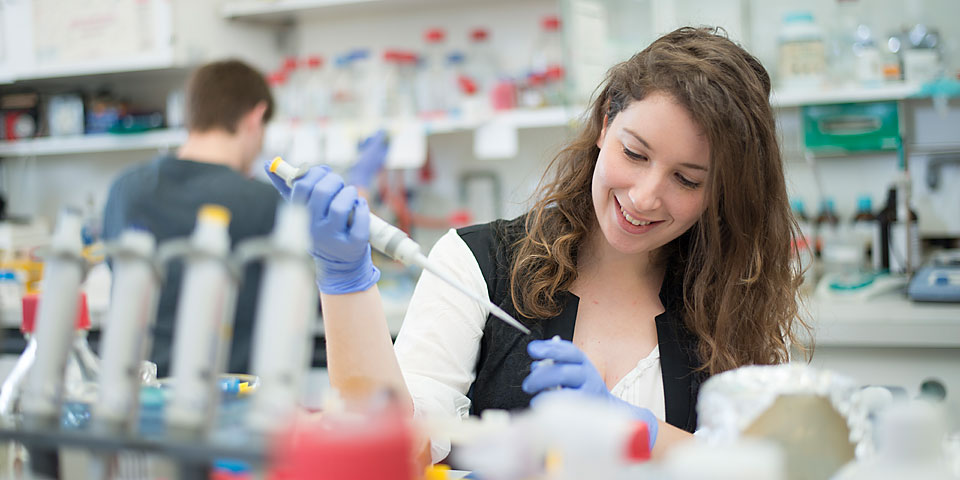Epidemiology Abschluss: Master

Im Überblick
- Art
- Studiengang
- Abschluss
- Master
- Studienstart
- Herbstsemester
- Struktur
- 1 Studiengang
- Regelstudienzeit
- 4 Semester
- Credits
- 120
- Sprache
- Englisch
- Zuständige Fakultät
- Philosophisch-Naturwissenschaftliche Fakultät
Zugangsvoraussetzung
Studienplan
Information on admission:
www.unibas.ch/admission
Termine und Fristen
The Specialized Master’s degree program in Epidemiology at the University of Basel is run by the Swiss Tropical and Public Health Institute (Swiss TPH), an internationally recognized center for public health excellence. The program centers around (1) teaching the basics of epidemiology, biostatistics and public health, and (2) the pursuit of an epidemiological research project. Epidemiologists investigate the health of populations, study disease and possible risk factors, propose actions and then measure whether the situation has improved. They also study disease epidemics such as COVID-19, conduct disease surveillance, identify possible health risk factors and propose measures of disease screening. To this end, epidemiologists design field studies, collect and analyze data using a variety of methods, often in the frame of large teams. Multi-disciplinarity is often important, as is the ability to deal with societal and cultural factors.
Related Links and Downloads
Research Findings and Scientific Developments
Are you interested in current scientific developments and research findings in this field? On the research websites, you will find numerous publications by researchers from the University of Basel. This resource offers valuable insights and helps you get to know a subject area better–both as an orientation aid and as an accompanying source of information during your studies.
Discover publications and research areas now
Das richtige Studium gefunden?
Diese Studienangebote könnten Sie ebenfalls interessieren:

Melde dich jetzt für die Schnupper Winter School der Universität Basel an.
Interessierst du dich für ein Studium an der Universität Basel?
Vom 16. bis 20. Februar 2026 finden Workshops für Gymnasiasten und Gymnasiastinnen statt.
Zum Programm der Schnupper Winter School 2026.




